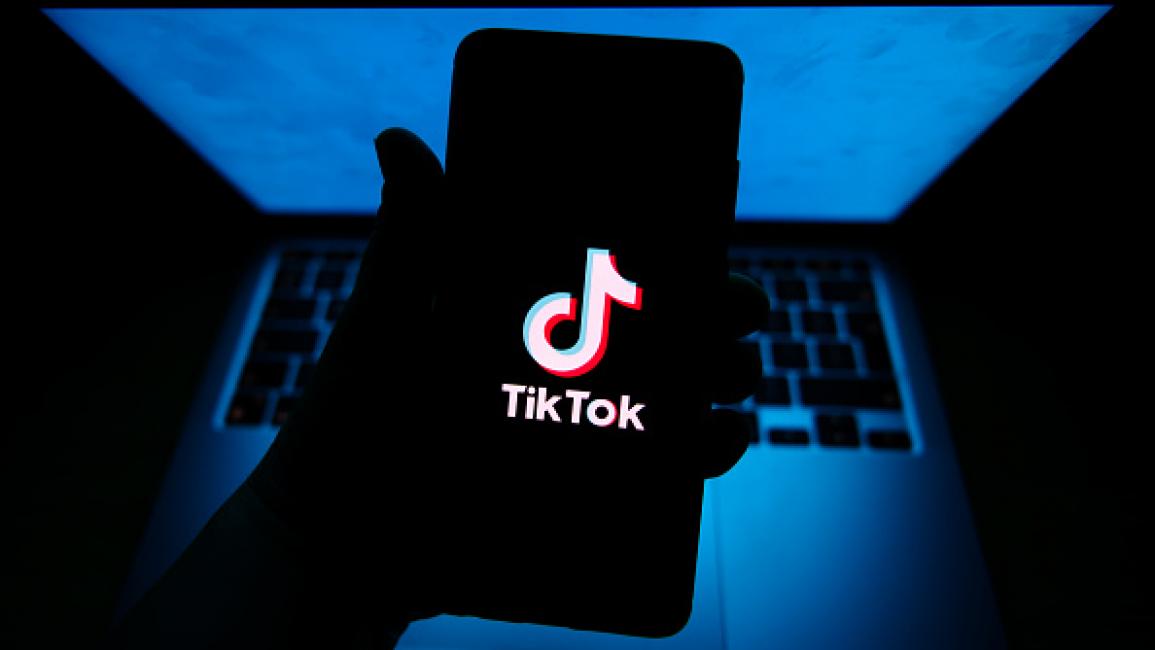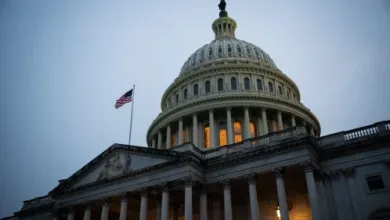French Parliamentary Committee Recommends Strict Restrictions on TikTok for Minors

France Targets Social Media Usage Among Teenagers A French parliamentary investigative committee recommended Thursday that all social media platforms be banned for users under 15, alongside implementing a digital curfew for the 15–18 age group, making platforms inaccessible from 10 PM to 8 AM. These measures, if enforced, could have major economic consequences for social networks that rely heavily on young users as a source of valuable data for advertisers (TikTok Regulatory Report).
The proposed restrictions aim to tackle concerns about harmful content exposure, with a strong emphasis on mental health risks among teenagers. Platforms like TikTok, Instagram, Snapchat, and YouTube, which thrive on teen engagement, could see a dramatic reduction in active users and advertising revenue. Analysts warn that this shift may impact the wider digital economy, including influencer marketing which largely depends on teenagers aged 13–17 (French Parliament TikTok Study).
Economic Implications of Limiting Teen Social Media Access
The economic stakes are high. In 2024, TikTok reportedly earned $6.3 billion in Europe, reflecting a 38% increase from the previous year (ByteDance European Earnings). Despite slower growth compared to 2023, TikTok reduced its pre-tax losses significantly, hinting at profitability. The introduction of “TikTok Shop” in Germany, France, and Italy has further expanded revenue streams through e-commerce.
If the proposed bans are enacted, companies like ByteDance could lose millions of potential users, directly impacting advertising revenue and the digital economy. Experts note that reduced screen time at night will lower engagement metrics, limiting monetization potential across social media platforms (TikTok Economic Concerns).
Safety and Ethical Concerns Behind the Proposal
The French committee’s recommendations focus on preventing teenagers from being exposed to harmful content through algorithms designed to maximize engagement. According to the report, the tragic death of 46-year-old French influencer Jean Bormannov in August 2024 exemplifies the “dark side” of algorithm-driven content distribution (TikTok Teen Safety).
Committee members, including Arthur Delaport from the Socialist Party, stressed that while TikTok is the most visible case, other platforms emulate similar economic models that commoditize user attention. Thierry Souther, representing the Popular Front, noted that these business models expose teenagers to addictive content, raising mental health concerns.
International Perspective: Regulatory Measures in Europe
This French initiative aligns with broader European regulatory actions. Previously, the European Union imposed a €530 million fine on TikTok for illegally transferring European users’ personal data to China. Meta, owner of Facebook, faced €1.2 billion in fines in 2023 for privacy violations, highlighting the EU’s strict enforcement of data protection laws (EU Digital Regulations).
The French recommendations could pave the way for a broader ban on social media platforms for users under 18 by 2028 if companies fail to comply with obligations to protect minors. Lawmakers emphasized that these measures are essential to prevent exposure to harmful content and ensure digital well-being.
TikTok’s Response to Regulatory Pressures
During hearings, ByteDance defended its policies, emphasizing youth protection as a top priority. The company claimed that AI moderation systems removed 98% of harmful content in France in 2024. However, lawmakers criticized the reduction in French-speaking moderators, noting a 26% drop from 2023 to 2024, which weakens content monitoring (TikTok Safety Measures).
Despite corporate efforts, regulators argue that platform accountability remains insufficient, with concerns over algorithmic manipulation and privacy risks continuing to grow. The committee stressed that more stringent measures are necessary to safeguard young users and prevent similar tragedies in the future.
Regulatory and Legal Framework in Europe
France’s recommendations align with broader European regulatory initiatives. The European Union previously imposed a €530 million fine on TikTok for illegally transferring European users’ data to China. Similarly, Meta, the parent company of Facebook, faced €1.2 billion in fines in 2023 for privacy violations (EU Digital Regulations).
These fines reflect the EU’s strong stance on data protection. The French committee’s proposals could evolve into a comprehensive ban on social media for users under 18 by 2028, if companies fail to meet obligations for safeguarding minors. Lawmakers stressed that these measures are essential to mitigate exposure to harmful content and ensure digital well-being for young users.
Platform Accountability and TikTok’s Response
During parliamentary hearings, ByteDance defended TikTok’s policies, emphasizing that youth protection remains a top priority. The company reported that its AI moderation systems removed 98% of harmful content in France in 2024.
However, lawmakers criticized a 26% reduction in French-speaking moderators between 2023 and 2024, weakening content monitoring capabilities (TikTok Safety Measures). Despite corporate efforts, regulators argue that platform accountability is insufficient, citing ongoing risks from algorithmic manipulation, data privacy concerns, and content exposure.
Economic and Social Impacts
The proposed restrictions may reshape the digital economy in Europe, affecting not only platforms but also advertisers and influencers. Influencer marketing, particularly targeting the 13–17 age group, could see a major decline in reach and revenue. Advertisers may need to adjust strategies, and social media platforms may have to develop new monetization models.
Additionally, teen mental health and well-being could benefit from the curfew and restrictions, though some critics argue that enforcement may be challenging and could lead to the rise of alternative, less-regulated platforms.
International Perspective
France’s initiative mirrors broader concerns worldwide regarding digital safety for minors. Countries are increasingly aware of the ethical responsibilities of platforms, particularly regarding algorithmic content distribution. Social media platforms, while profitable, carry social responsibilities that regulators are now enforcing more rigorously.
For further context, explore related regulatory developments and political dynamics:
-
TikTok’s role in digital privacy discussions can be reviewed in Trump Hints at Pardoning Maxwell
-
Broader European regulations are analyzed in Anticipated Meeting Between Trump and Qatar’s Prime Minister
The French parliamentary recommendations signal a turning point in youth digital protection. While the measures may disrupt business models for platforms like TikTok and Instagram, they aim to prevent harmful exposure and protect mental health among teenagers. Social media companies face increased scrutiny, and the outcomes of these regulatory efforts may set precedents for other countries in Europe and beyond.
The debate underscores the balance between economic growth, technological innovation, and ethical responsibility in the digital age. Platforms must evolve to protect minors while maintaining sustainability, and policymakers are increasingly willing to impose strict regulations to safeguard vulnerable populations.




